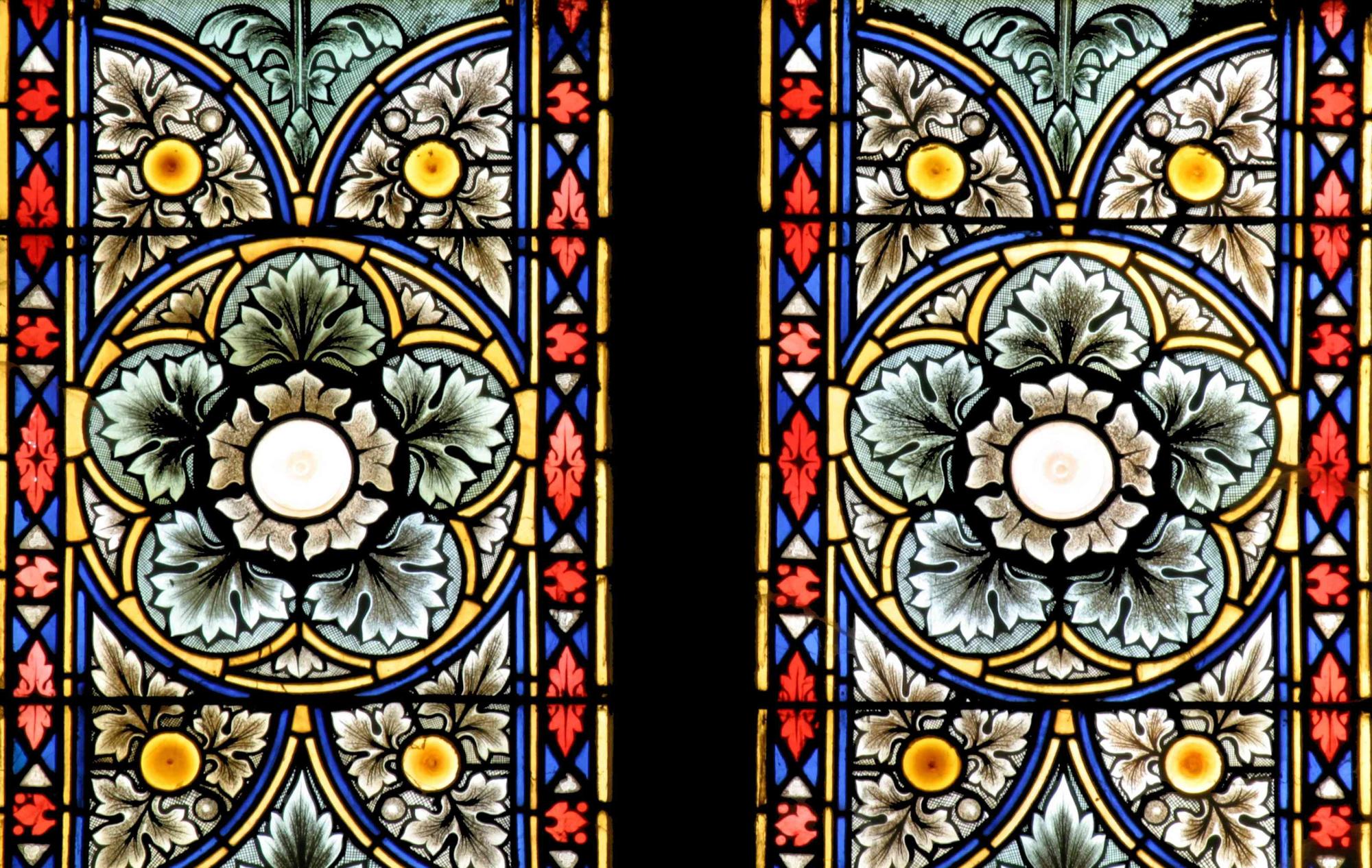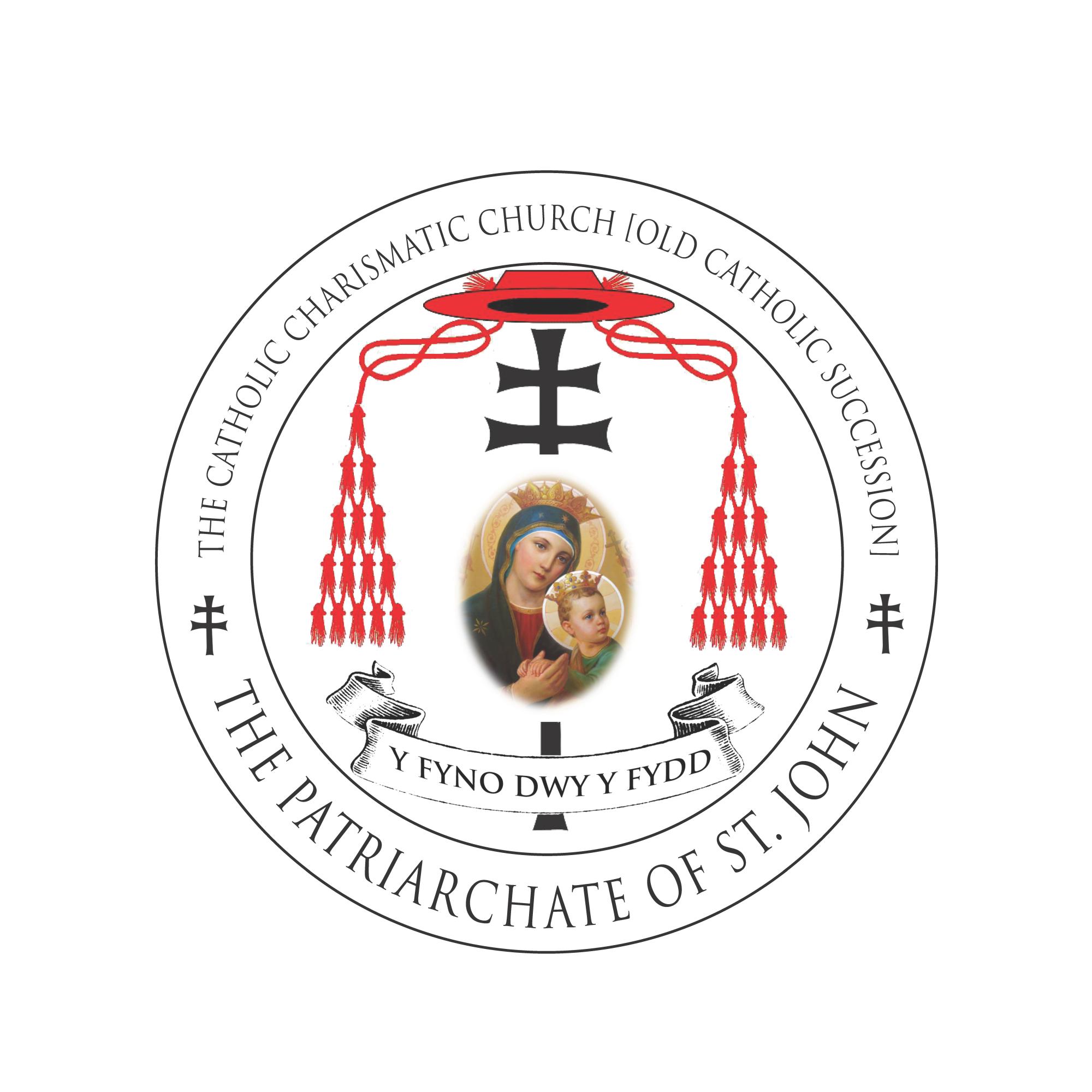What is the CCC?
Traditional
Catholic-Anglicanism
Old Catholic Apostolic Succession
The Catholic Charismatic Church derives its authority from the Old Catholic "Utrecht" Succession. The emergence of the Utrecht Succession from which the Old Catholic bishops descend commenced with the consecration of Abp. Petrus Johannes Meindaerts of Utrecht on October 17, 1739, following the Jansenist break with Rome that reached its culmination in The Netherlands in 1724. The name "Old Catholic" came from the view that Old Catholics were remaining with the "old" orginal teachings of the undivided catholic and apostolic church - as a way of denying the "new dogmas," which were viewed as a break with the continuity of tradition and orthodoxy and could not be regarded as truly catholic in any sense.
Through our work and the grace of the Lord, we hope to build a brighter, more fruitful community and a wonderfully more loving world for all.
Our Purpose


In conformity with the traditional views of the Old Catholics Churches, The CCC adheres to the position that it does not support the modern Union of Utrecht position on ordination of women and homosexuals.
The Constitution and Canons of The CCC reflect its adherence to these traditions.
Recognized by the Vatican
At the Vatican on June 16, A.D. 2000, Pope John Paul II ratified and ordered the publication of Dominus Iesus. This "Declaration of the Congregation for the Doctrine of the Faith" was signed and published then Cardinal Joseph Ratzinger, now Pope Emeritus Benedict XVI, in August of the same year.
In this declaration, the Roman Catholic Church recognized the validity of Orders and Sacraments of Old Catholic denominations in the following terms: "The Churches which, while not existing in perfect communion with the Roman Catholic Church, remain united to her by means of the closest bonds, that is, by apostolic succession and a valid Eucharist, and are true particular Churches."
Administration of the Eucharist
In conformity with orthodoxy the administrator of the sacrament must have been ordained by a Bishop possessing the valid lines of Apostolic Succession, such as are possessed by The CCC. It has been further stated that Catholics may receive the Eucharist, penance, or annointing from sacred ministers of Catholic denominations whose Holy Orders are considered valid by the Roman Catholic Church. This includes all Eastern Orthodox priests, as well as priests of the Old Catholic or Polish National Church.
Non-exclusivity of relations
This, of course, does not limit The CCC to exclusivity of relations with the Roman Catholic Church, but merely establishes the basis of such an historic and modern relationship. In fact, the CCC and its clergy enjoy positive relations with other Christian denominations, some of which involve intercommunion and full communion agreements based upon the Apostolic Succession.
